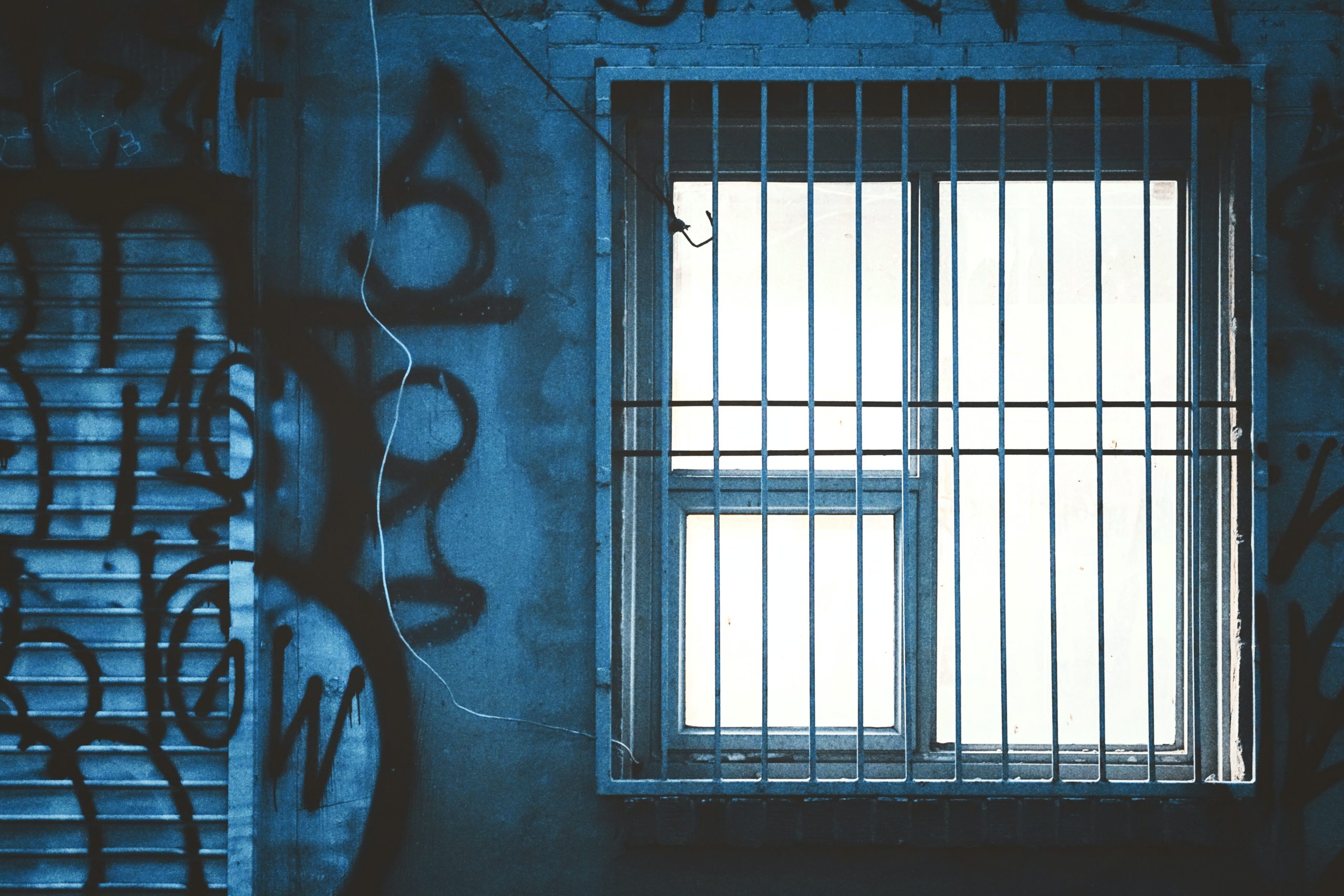
On a February night this year in Madrid, when two teenagers died in two gang-related murders—a score settling between rivals— social and political alarms went off. The victims and perpetrators in question belonged to the criminal groups, Dominican Don’t Play and the Trinitarios, two of several infamous Latin gangs well established in the Spanish capital, and in cities throughout the country.
The gangs, with origins in the United States and Latin America, have been growing in Spain over the last twenty years. Since the pandemic, though, their activity has notably increased in intensity.
“It’s a social phenomenon in expansion,” Alberto Diaz, a Spanish Christian pastor who runs the Centro de Ayuda (Christian help center) in Madrid, recently told the European Conservative. He has been helping youth escape from gangs for decades.
His unofficial figures on gang membership, gathered from his work with youth, put the number of gang members in Madrid at around 2,500. This includes not just hard core, ranking members, but also the many teenagers on the periphery who are dallying with street crime.
The gangs function as a pyramid scheme, where new recruits are extorted by senior members through weekly dues and other pressures while being initiated into criminal activity. Diaz estimates that this extortion alone brings in €185,000 a week to gangs in Madrid, money then used to throw parties and buy arms and drugs. Senior members also work more insidious criminal schemes, from identity theft to drug dealing.
Rev. Diaz’s observations align with police data. The Spanish newspaper ABC reports that this year 40% of gang-related arrests have been of minors, double the 20% in 2019. According to police, these gangs have acquired more arms and more drugs than in previous years, and are more violent than ever.
Diaz and other experts coincide on the profile of the youth who end up in gangs.
Most come from broken families and households often on the brink of poverty, and where they have little parental supervision. Gangs promise them power, protection, and belonging—a “family” they don’t have in their own homes. Though these gangs were originally comprised of young immigrants from Latin America, today most members were born in Spain.
Experts attribute the present growth in young members and the outburst of violence to a rebound effect from pandemic restrictions. Spain, which imposed a strict lockdown during the first months of the pandemic, followed by various restrictions that lasted through 2021, is no exception.
The abnormal “new normal” took its toll.
“We were spent socially and psychologically,” Diaz said.
Youth, stuck at home away from their usual social activities and supports, were more plugged in than ever to their mobile phones and social media. For an alarming number of young people this led to mental health problems. For others, it led them into gangs.
Gangs normally recruit from within schools and on the streets of neighbourhoods, according to Diaz, but during the pandemic they turned to social media: gaining audiences and new members, mostly younger teens, through videos. The Observatory of Latin Gangs, run by the Christian Help Centre, cites the example of El Jincho de Orcasitas, a rapper whose videos had accumulated 20,000 views in 2021 and who is a member of the gang Dominican Don’t Play.
In 2021, the Observatory of Latin Gangs alerted the public to the increased threat of gang aggression: once schools reopened, gangs were recruiting harder than ever within their vicinity. The Observatory called for more police patrols around schools, especially when children leave for the day.
Since February 2022, a major police operation has been underway and has led to hundreds of arrests, more in a four-month span than in the entirety of 2021. The town hall of Madrid has also significantly increased the number of youth-specialised officers in schools.
The police pressure on gangs continues, Diaz told The European Conservative, causing members to be more discreet, but he still expects that with the summer break from school, gang related crime and violence will increase.